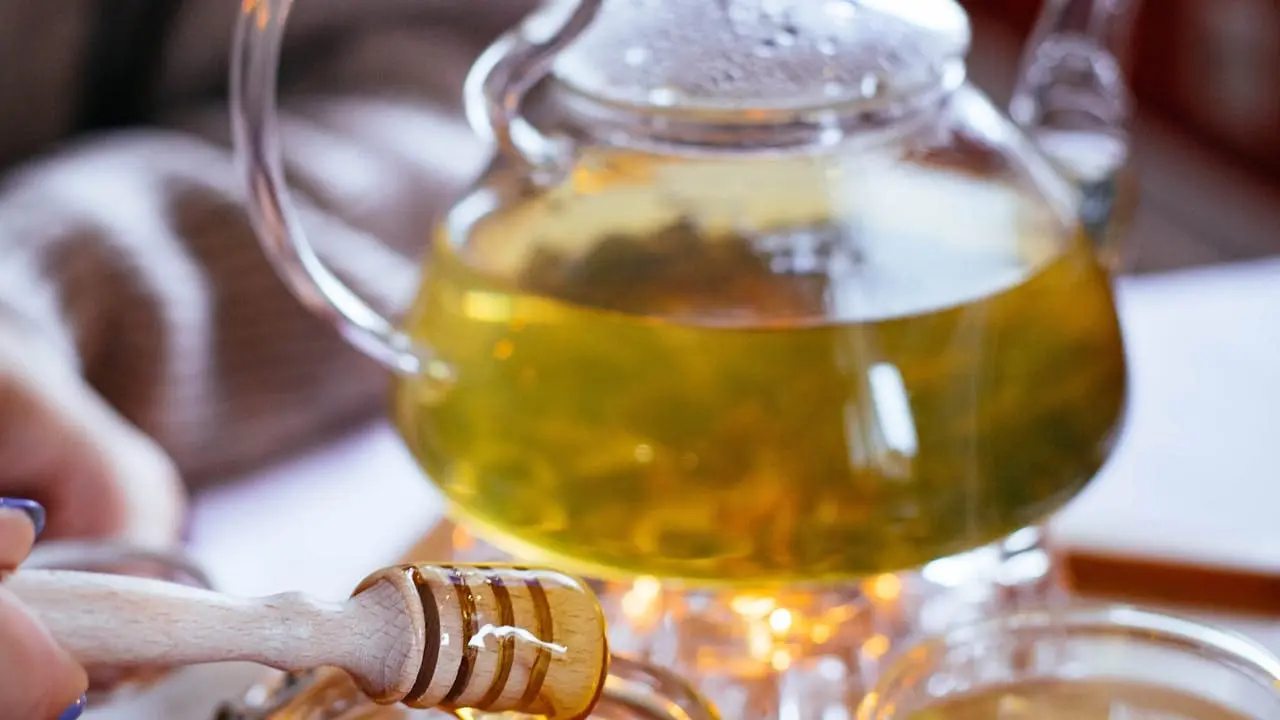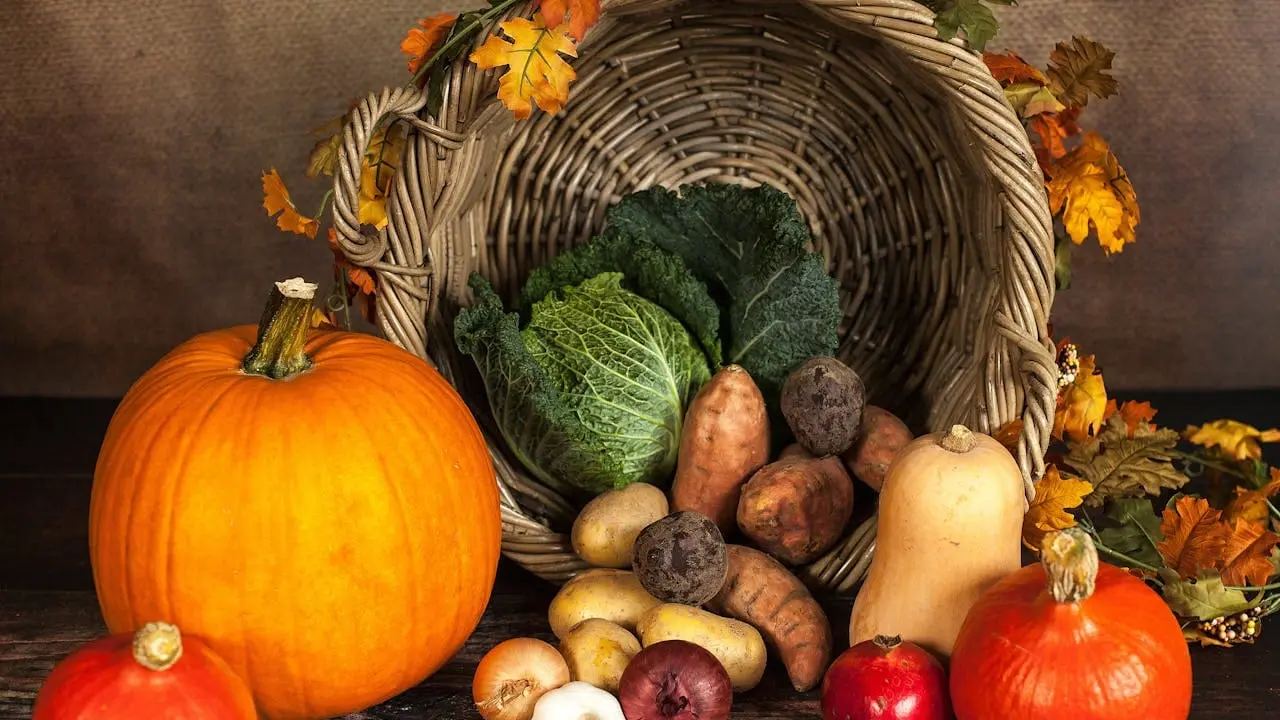The symptoms of a summer cold are similar to those of a common cold or the flu, but they occur during the warmer months rather than during the typical cold and flu season. It is not caused by an infection like a cold or the flu; rather, it is caused by environmental issues and airborne allergies like dust, residue, and form. A summer cold is also known as allergy rhinitis or hay fever in medicine. Right when somebody is given allergens, they are delicate too; their body’s invulnerable system believes those innocuous particles to be speculated. The body then eliminates the invaders by releasing chemicals like histamine. This receptor’s arrival triggers the symptoms of a middle-of-the-year cold.
Home Remedies for Summer Cold

Causes of Summer Cold
- Dust from trees, grasses, weeds, and blossoms is perhaps the greatest guilty party behind summer colds. During summer and early summer, plants discharge these small fine particles up high to treat different plants. The immune system releases histamine and other chemicals that cause allergy symptoms when allergic individuals breathe in pollen.
- Mold can grow indoors and outdoors, releasing spores into the air. Outside, mold levels can skyrocket on hot, humid summer days. Inside, a form might fill moist regions like restrooms or cellars, causing sensitivity issues all year.
- Smog, car exhaust, and chemical fumes can irritate the nasal passages and airways, magnifying summer allergy symptoms. Unfortunately, air quality is generally worse during warm climate months.
- For reasons not completely perceived, some food sensitivities might deteriorate when the dust season covers the food somebody is adversely affected by, such as melons, tomatoes, or nuts.
- In the heat of summer, when people are outside exercising and breathing more vigorously, exposing themselves to allergies, the actual effort can intensify sensitivity.
Common Symptoms are :

Read also: 5 Powerful Ways to Nap Effectively
- Headaches During allergy flares, sinus inflammation and pressure can result in dull or even migraine headaches.
- Stuffy/Runny Nose Summer colds frequently cause a runny, drippy nose as the nasal films produce an overabundance of bodily fluid. Nasal blockage and stodginess are exceptionally normal.
- Watery Eyes As the immune system releases histamines, exposure to allergies like pollen can make the eyes very itchy, red, and watery in summer cold.
- Sore, Scratchy Throat Mucus drainage that results in post-nasal drip can irritate and scratch the throat, causing it to occasionally feel raw and sore.
- Sneezing Frequent sneezing and sniffling is one of the most common symptoms because the body is trying to get rid of allergens in the nasal passages
- Ear Wagging Swollen nasal passages can lead to fluid buildup in the ears, resulting in plugged-up and popping sensations.
- Fatigue Many people can experience fatigue and lethargic symptoms as a result of allergies’ constant inflammation and immune response.
- Breathing Difficulties People experience wheezing, chest tightness, and difficulty breathing as a result of allergies that inflame the airways to a sufficient degree.
- Coughing The additional bodily fluid creation can likewise set off hacking episodes, particularly around evening time, while setting down permits bodily fluid to pool.
- Disturb Sleep Cycles Symptoms of allergies such as congestion, drainage, and coughing frequently disrupt the Sleep Cycle and quality.
Basic Home Remedies to Cure

- Water is ideal for dispersing bodily fluids and maintaining clear nasal passages, Hydrate over the day. For considerably more advantages, add lemon.
- A small container used to rinse salt water out of your nose is called a neti pot. This aids in the flushing out of pollen and other allergens that are stuck.
- Regular honey fixings lessen irritation and the production of bodily fluids. Consistently consume a spoonful of crude, natural honey.
- In Summer, Cold Steam showers can help soothe stuffy noses and sore throats. The clamminess can loosen natural liquid, allowing you to hack or blow it out.
- Natural Antiallergic agents like peppermint, ginger, and green tea can relieve congestion, and antihistamines like milk and cheese can increase mucus, which can worsen some people’s runny noses.
- Dry air can make allergy symptoms worse. A humidifier adds dampness to the air, which mitigates bothered nasal entries.
- Dairy items like milk and cheese can increase bodily fluid creation, deteriorating a runny nose.
- Pollen can build up in your hair throughout the day. Washing hair around the evening prevents dust from moving to bedding.
Beneficial Food in Summer Cold

- Pumpkin Seeds
- Papaya
- Oats
- Leafy Green Vegetables { like Spinach, Kale, Collard Greens}
- Yogurt
- Fruits like [ Banana, Orange, Apple]
- Chicken Soup
- Broccoli
- Sweet Potatoes
- Ginger

A summer cold isn’t exactly a cold – it’s an unfavorably permit response to airborne allergens like dust, form, or residue. Your immune system blows up by delivering receptors, causing wheezing, runny nose, irritated eyes, and other cold-like side effects that can last weeks or months. Normal triggers are tree, grass, and weed dust. Staying away from allergens, utilizing air channels, attempting regular cures like honey, and accepting prescriptions depending on the situation can alleviate this occasional mournful. Understanding its sensitivity is key for avoidance and treatment.
To get more of our exclusive content on Health Care and Lifestyle. Follow us on YouTube and Instagram.






